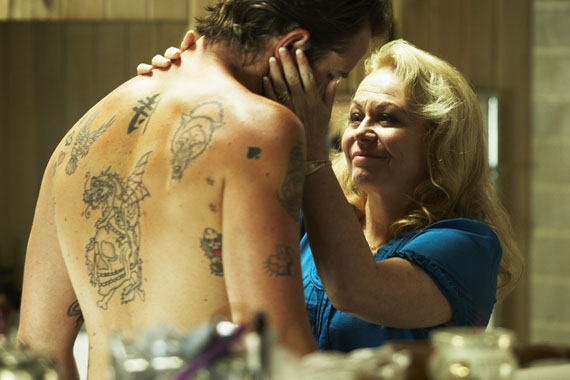
For the ‘Contemporary Australia: Women in Film’ program, we’ve been working with Margaret Pomeranz who has curated the season of films screening from 21 April – 18 July 2012.
The ‘Women in Film‘ program will kick off with a discussion on women in Australian film chaired by Margaret with three talented Australian women directors. We’re very pleased to announce these directors will be Gillian Armstrong (Charlotte Gray 2001 High Tide 1987), Ana Kokkinos (Blessed 2009, Head On 1998) and Louise Alston (All My Friends are Leaving Brisbane 2007, Jucy 2010).
I asked Margaret about the process of curating ‘Women in Film’ and what she gained revisiting these films through the curatorial focus of representations of women in Australian film.
Rosie Hays | How did you find the curating process? Was it something you’ve done before and how was your experience of approaching films in this way? Was it similar or different to your role on ‘At the Movies’?
Margaret Pomeranz | I have never curated a film program before so it was completely new territory for me, very exciting and exhilarating territory. The process was forensic in a way, looking back over the years at the many films made by women in this country, as well as films by men about women, all of which I had seen before. But revisiting them from the perspective of, in some cases, many years later was truly fascinating. And I so enjoyed the collaborative process. Exhausting but so rewarding.
It was a very different process from my role on ‘At The Movies’ where I come to a film fresh, with no expectations, knowing as little as possible about what I’m about to see. Here, there was an old familiarity, but despite that, I was constantly surprised at how much more I gained from viewing the films in this exhibition with curatorial objectives in mind. It was wonderful to see how films that I had responded to positively over twenty years ago had stood the test of time. Fran 1985 was an excellent example of that. Noni Hazelhurst’s performance is as good as it ever was.
Rosie | After the initial meetings we had at the gallery to discuss you curating the project, you came back with the idea of representations of women in film quite quickly. What about this curatorial focus of representations of women in Australian film called to you?
Margaret | It struck me that Australia had had the advantage of re-establishing the ‘new wave’ of films when the feminist movement was being embraced in the 1970’s, so that we had a very significant number of women involved in film from very early on and that tradition continued. So there was actually a large pool of films to choose from, a large pool of fine films. Equally there were fascinating films from male filmmakers about women, John Curran’s Praise from 1998 was just one example. I guess you could call me a feminist in that I like the fact that women have made a significant contribution to film culture in this country, it’s something we ought to be proud of and celebrate. Being asked to program this exhibition was extremely challenging but actually very nourishing for me.
Rosie | Were there any films or filmmakers you felt you re-discovered during the process of putting the program together?
Margaret | It was intriguing and actually quite revealing to revisit Muriel’s Wedding 1994 for a screening of the film at the Travelling Film Festival in Cairns last year. It was a film that evoked a very different response, not just from me, but from many audience members who had seen it when they were teenagers. Now, as wives and mothers, their reaction to the film was very different. They were able to see not just the comedy, but the blackness behind it. It was really fascinating. And I found that with a number of films, High Tide 1987, for example, where the emotional undercurrents, the strength of performances were more complex, more dynamic than I had remembered.
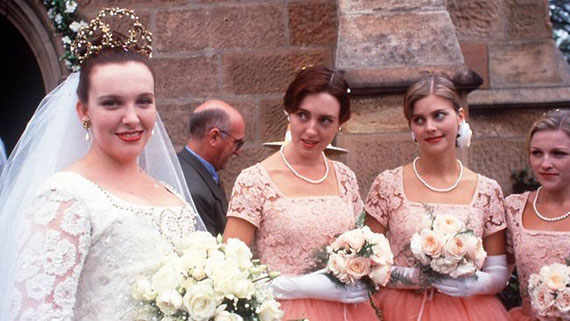
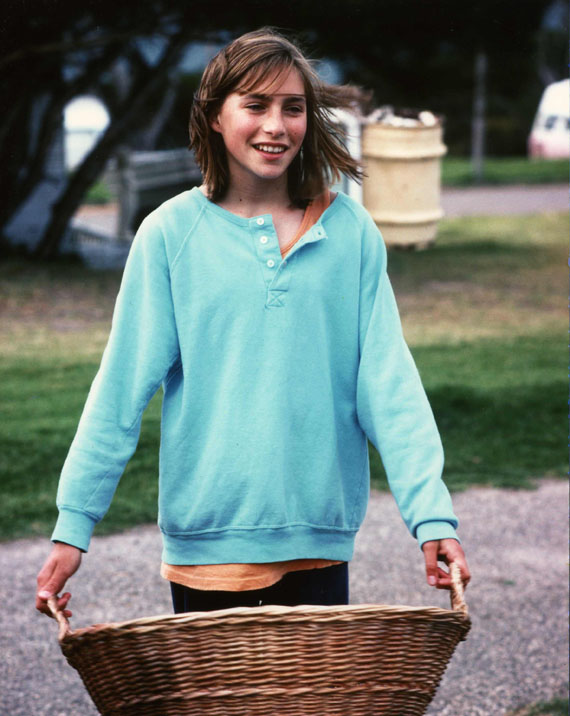
Rosie | Are there any strong moments or strong women characters within the films in this program that have stayed with you?
Margaret | There are so many interesting insights into films that possibly I hadn’t appreciated at the time. For example, I was interested to see how in Lantana 2001 the character played by Rachel Blake is, in some way, punished for her role as an independent woman who rejects her marriage, even though she is praised for her bravery for doing so. But, I guess because she transgressed with a married man, and flirted with her married neighbour, ultimately betraying him in a non-neighbourly fashion, she is the one who is left alone at the end. I think when I first saw the film I thought she deserved her fate, but revisiting the film I find I have much more compassion for her, possibly because of Blake’s wonderful performance.
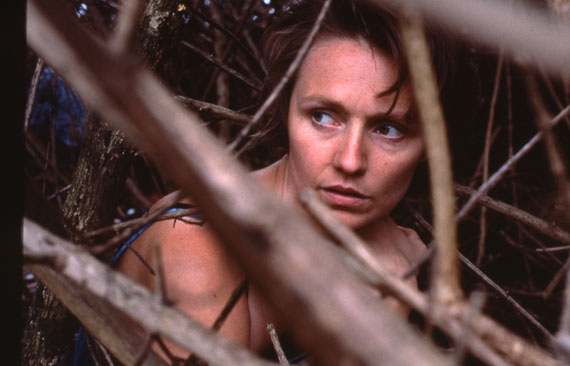
But that is just one example, there are many. The compassion I felt for Heidi in Somersault 2004 was reinforced seeing the film again, this lost child searching for a loving connection in all the wrong places. Jacki Weaver’s omnivorous mother in Animal Kingdom 2010 is a character who makes such an impact and Lynette Curran’s powerlessness in The Boys 1998 is equally impressive. Every film I revisited for this program brought fresh appreciation of the qualities that made them suitable for inclusion.
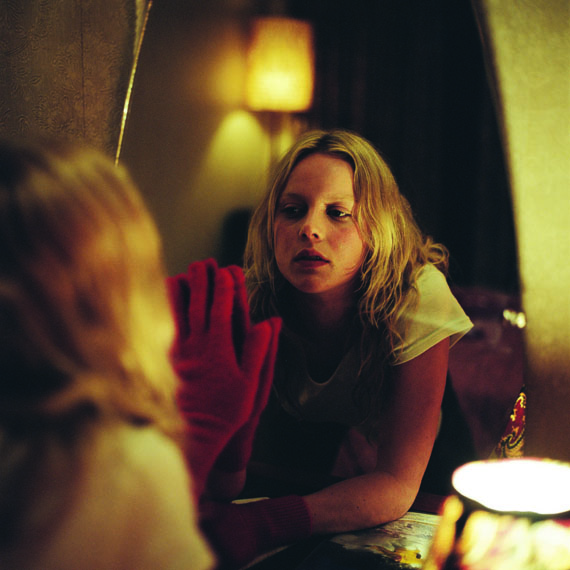
So, don’t forget our special opening weekend event: Women in Film with Margaret Pomeranz and guests this Saturday 21 April at 5pm, Cinema A, GOMA. Margaret from ABC TV’s ‘At the Movies’ will join film directors Gillian Armstrong, Ana Kokkinos and Louise Alston to discuss representations of women in contemporary Australian cinema through different perspectives. Free. No bookings required, however, seating is strictly limited. Please arrive early to avoid disappointment. It will also be webcast live for those who can’t make it!
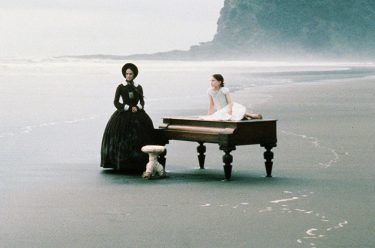
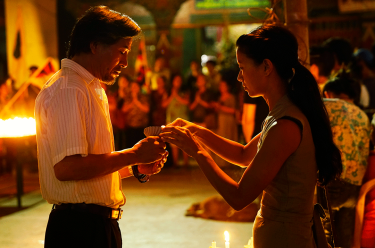
Was this session recorded? I was unable to attend and would love the opportunity to view it online if it is available.
Hi Julianna. Yes, we recorded the live webcast and are currently obtaining approvals from the panel. We will let everyone know when it is available. Regards QAGOMA